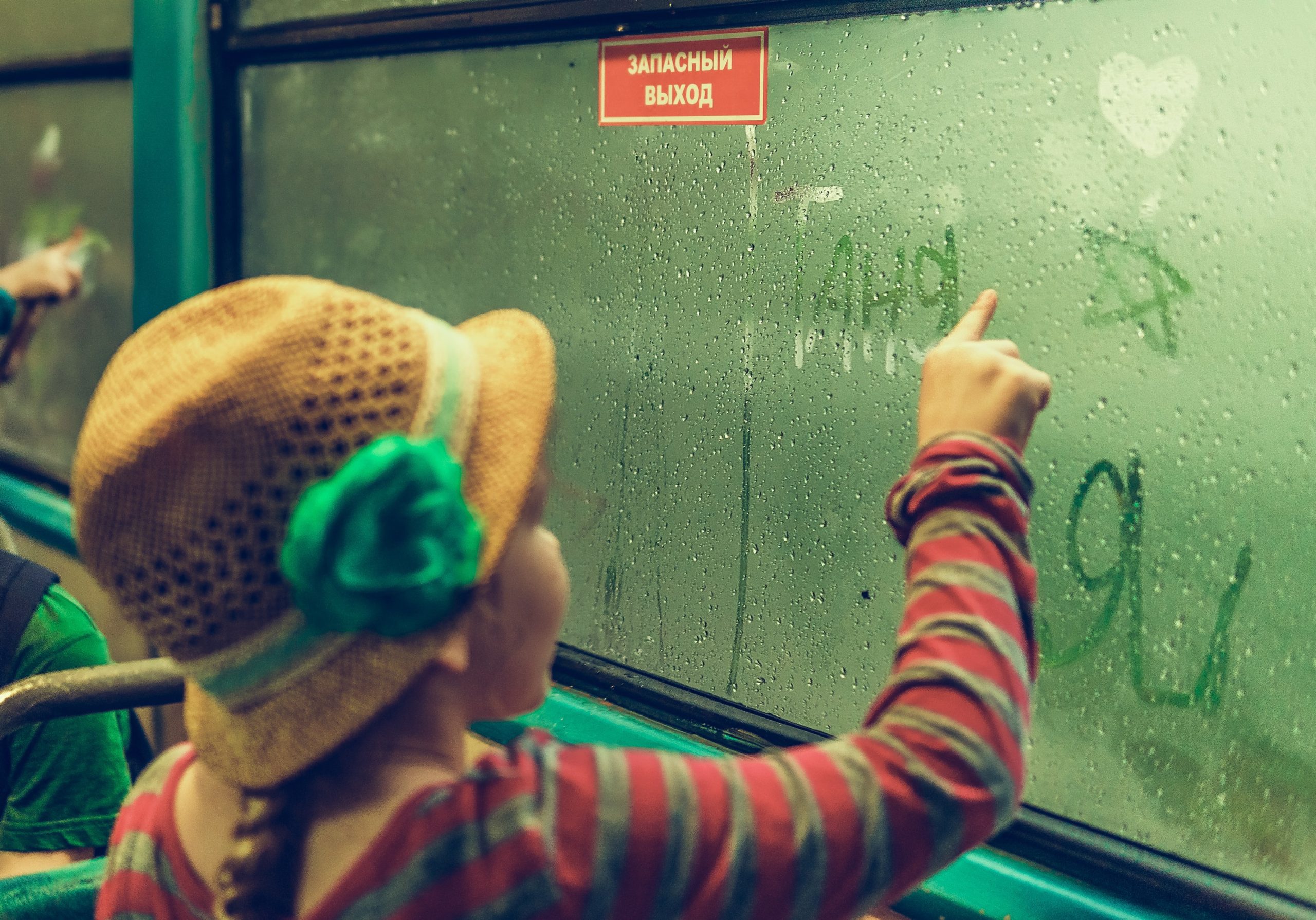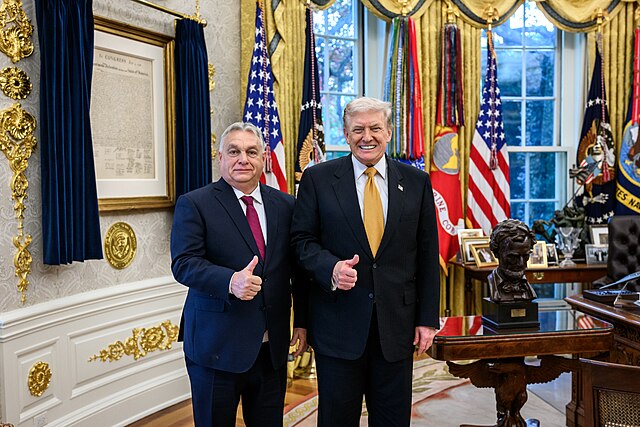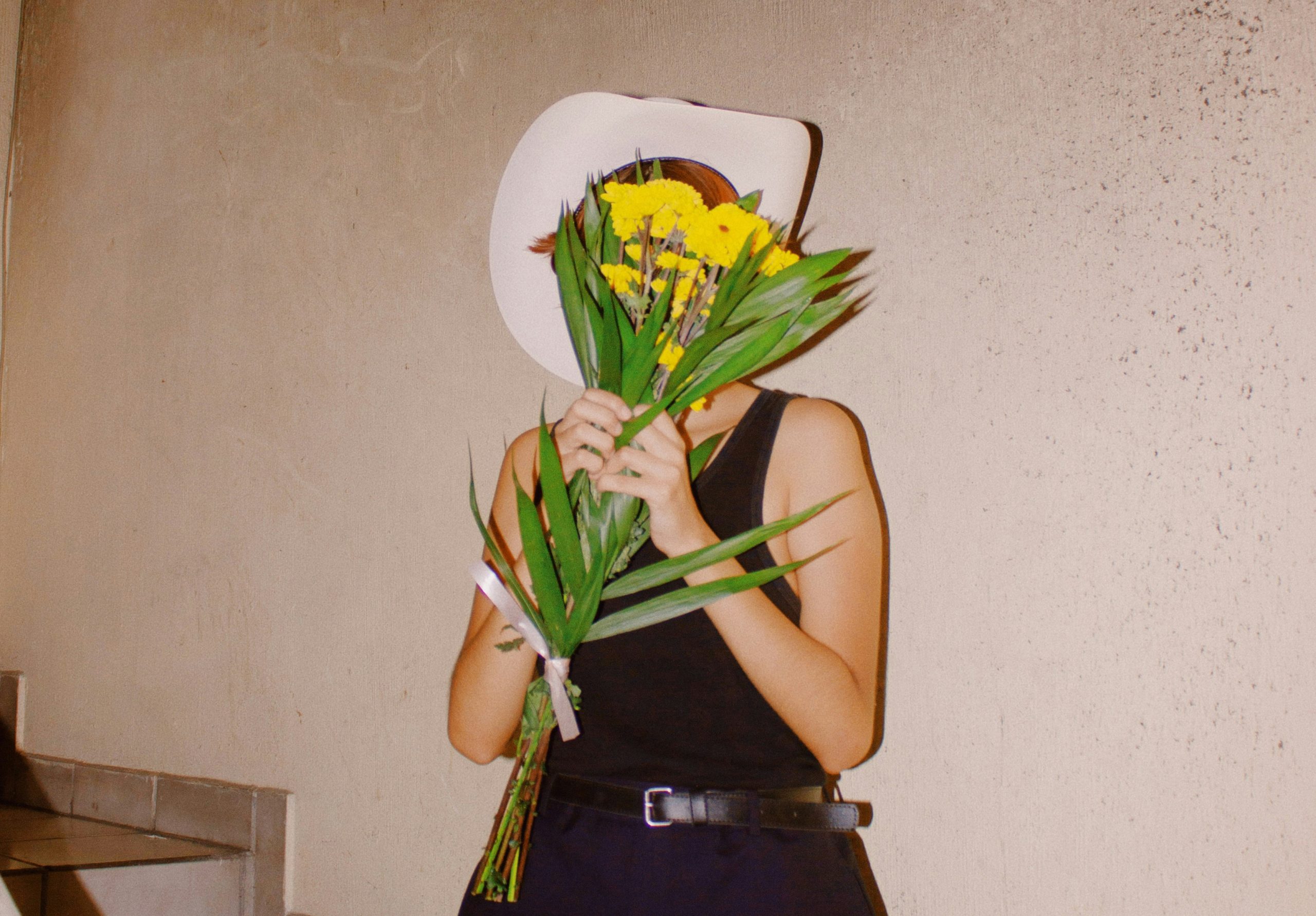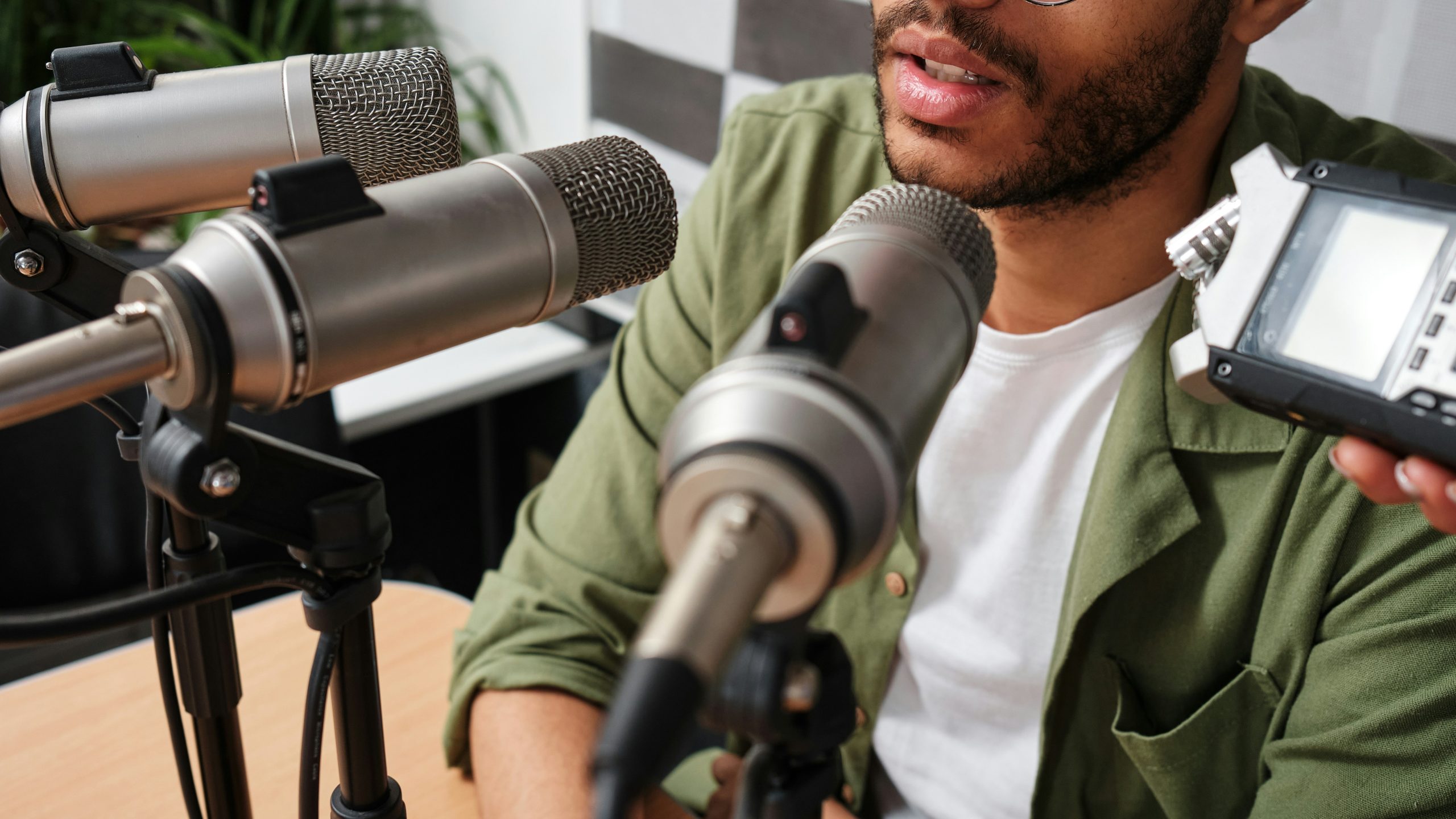Unlike English, the Russian language has no use for articles, definite or indefinite. Instead, there is a mutual understanding applied to a particular conversation: the interlocutors simply understand whether they talk about a dog or a house in general, or this exact dog and this exact house. This certainty appears to be just hanging in the air.
The same goes for the war. In the past, the word ‘war’ would inevitably entail the certainty of the 1941–45 war. ‘The war’ always meant the Great Patriotic War. This is no longer the case. Now, if you mention ‘war’ in a conversation, your interlocutor will immediately think of the war in Ukraine or the war with Ukraine. The war that is happening right now.
In 2015 Samokat published my book The Raven’s Children, marking – as it turned out – the beginning of The Leningrad’s Tales series. Set in the period from 1938 to 1946, these books describe what it’s like to grow up in a world that has fallen apart. Shortly after the outbreak of the war in Ukraine, one of the readers reached out to me saying what I was already fearing myself: we are now living on the pages of The Raven’s Children.
Working on these books, I’ve read many personal testimonies of the period: letters, diaries, and memoirs. One of the most poignant Russian documents of the 1941–45 war was the diary of Tanya Savicheva, a young girl trapped in the Siege of Leningrad. Her last entry is known to almost everyone in St Petersburg: “Everyone is dead, only Tanya is left”. Children’s war testimonies always serve as an indictment of war, even if they are unleashed in the attacking country.
Children nowadays rarely keep dairies. If they do then not on a daily basis. When the war started and the weeks passed one another with no end to it, one thing became very clear: we are experiencing something unimaginable, something unthinkable. That’s when I started talking to children. Asking them questions and gathering the stories of their present lives. What do they see, hear and think? How do they go to school, argue, make friends, read? What do they feel?
I thought, surely, I would see how this war, despite being so far away from them, was seeping into their conversations, their quarrels and making-ups, their growing up. I thought that time would make these stories invaluable. People would be interested in them just like we are interested in lives and thoughts of children in Germany in 1933–1945. But then again, these stories are already invaluable as we speak. After all, the future of Russia is decided not by a 70-year-old president, but by those who are now five or seventeen, eight or thirteen.
This is not an anthropological study, nor a social survey. These are mere conversations recorded during the war, and nothing else. I interviewed about two dozen children myself, just as many filled in a provided questionnaire. The list of questions was compiled to sound as neutral as possible, accommodating different sides of the present situation. But most importantly, it acknowledged the unprecedented split that the war had caused in Russian society. It was not my task to argue, to convince, to persuade or to prove my point of view. Do you support the war? I’m listening. Are you against the war? I’m listening.
Most of my respondents are aged 12 and over. The youngest are just five. I spoke with some independently minded 17-year-olds who can hardly be called ‘children’ anymore. I spoke with their parents beforehand to check what subjects were out of bounds. Some asked to look at the questions in advance, some then walked away.
I found myself faced with numerous dilemmas. What to do when, all of a sudden, a little boy whispers to you: “Can you tell me what actually happened in Bucha, no one would tell me?” Only once a child asked me why I was asking all these questions. I recalled one Icelandic saga, where a troll (if I’m not mistaken) asks the protagonist the very same question to which he replies: “because I want to know.” This answer satisfied both the troll and the child.
I asked a fellow journalist to join me in my little venture. In a way she was right to refuse. “It’s pointless,” she said. Statistically, yes, it is certainly pointless. I could never claim “this is what children in Russia thought”. Then why am I so sure that these stories are invaluable? The answer is very simple: because these children decided so. I didn’t eavesdrop on conversations on the streets. I wasn’t fishing around. I didn’t pretend to be someone I wasn’t. I explained it to everyone loud and clear: because we live in historic times. Because I want to know.
My youngest interviewees were aged around five and six. Of course, they were encouraged to talk to me by their parents. These little ones don’t know there is a war ongoing. They live outside of time, and one needs to look closely into the flow of their innocent speeches to catch a glimpse of the sign of our times, to spot the slippery yet undeniable shadow of the war.
Teenagers, that’s a whole different story. Some were lost, some were angry, giggly, strict, arrogant, provoked. But them wanting to share their experience is their way of showing that they acknowledge the value of both their position and their emotions. They acknowledge the historical value of their experience. And I see something bigger in this acknowledgement. Something that will shape the future society. Something that will shape the future generation.
Я против войны – I’m against the war
Since the first days of the war, the state employed large-scale punitive measures to stop any protest movements and supress societal discussions of the war. In their eyes, discussing means condemning, and that’s what the state is so terribly scared of. The restraints haven’t stopped the protests, but rather turned them into peat fires. Those living in St Petersburg know very well what it’s like: the flames are nowhere to be seen; everything is smouldering. But the smoke gradually thickens. The protest has taken shape of little signs that are shared with each other, shared with the city, with the world, with anyone who is willing to see. Anti-war stickers, graffiti, posters, figurines, price tags, ribbons – they are spread swiftly, on the run, by somebody’s invisible hands. By children’s hands too.
There is a mix of terror and excitement in the words of older children and teenagers when they speak about all this. They are excited because it seems like a game to them. As if they have stepped into a fairy tale about Little Thumb who is trying to fool the ogre. But this game makes your heart pound for real, bringing out the genuine fear. These children already know that the state just sweeps people up randomly, having no soft spot for teenagers either.
They tell me in detail about fines and charges, about administrative detention and delinquency records. It’s not the fines and charges they are afraid of, at least not entirely. They are afraid that Mum will be worried. That Granny will be scared (“it’s not good for her health”). That Dad will say: “See, I’ve warned you.” That the schoolmarm will report them to the FSB (Federal Security Service).
But what scares them the most is being grabbed by strangers’ rough hands, being yelled at, shout at and barked at by grown-ups – overfed men and women in uniforms. When you’re eleven, all grown-ups look big to you.
They’re afraid. Yet it doesn’t stop them. Overcoming the fear empowers them.
“We’ve started tying green ribbons everywhere. They are now appearing in more and more new places. I was just about to tie mine when I saw there was already one. It made me so happy.”
“I wear two bracelets in the colours of the Ukrainian flag.”
“We made those pins ourselves.” “Do you wear them at school?” “Yes, at school. Once we’re outside, we take them off and hide. But it doesn’t mean we change our opinions.”
“Why do you hide them?” “It’s scary.” “What are you afraid of? “That grown-ups will beat us up or say something to us.”
“The war posters on the tube are always covered with stickers or gum.”
The omnipresent face of state propaganda is also overfed. Russian cities are plastered with banners and posters. Government propaganda is produced at printing houses, paid with money. Wrapped, packaged, and delivered – it’s a whole industry. Pure business, nothing personal.
With protests it’s the opposite: everything is handmade, people draw and write by hand in their own way. These signs are imbued with a personal meaning, and most importantly, with a choice. These choices are made by particular people, it’s of their own making. In this small way a person gets to share a fleeting touch with their city, turning these signs into an essential and visible part of the urban life. Coming and going, and then coming back (the street cleaner who can keep up with a teenager hasn’t been born yet), they are like tiny pulsating lights signalling to like-minded people who “are just afraid or can’t speak up.”
Назови ее своим именем – Call her by her name
The girl has a simple Russian name, it’s in the top five of Russia’s most popular ones.
I don’t ask for surnames or school numbers. I don’t keep any video or audio recordings, I just scribble with my pen on paper. Sometimes I pause the conversation: “Hold on, I want to write this down in full detail.” Or “Hold on, I think what you’ve just said is very important.” I ask questions that have no right or wrong answers. It’s the answer itself that matters. In the meantime, the war is going on and to use the word ‘war’ is now punishable by law in Russia. Now it’s not uncommon for schoolteachers to inform on their own students, and for students to rat out their teachers and classmates. The words ‘fear’ and ‘be afraid’ have frequented children’s conversations the way they shouldn’t have. I’m responsible for the stories trusted to me.
“We can give you a different name, what do you say?”
There is a long moment while she thinks. She then shakes her head and says: “No, if my name is ***, then I’m ***.”
I write it down: “***, 11 years old.”
*** tells me how she got into an argument over the war with a classmate. He threatened to beat her up if she wouldn’t shut up. “That’s him admitting his defeat,” she explained. She then hastily adds that she was ready to fight for her beliefs.
As I type the text on my computer, my hands freeze over ***’s words: “just a silly boy”. What if the boy is not that silly after all, and his parents can identify *** and inform on her, and then… I go back and erase her name.
Perhaps, I should just stick with calling my interviewees simply ‘a girl’ or ‘a boy’? Or in doing so would I unknowingly pass the point of no return, succumbing to the state narrative of depersonalisation which inevitably leads to dehumanisation? Russian foreign minister Lavrov referred to people killed in Ukraine as “collateral damage”, while for Putin they are “cannon fodder” and those who don’t agree with him are “midges”.
But she is not a midge. She lives in St. Petersburg, she is eleven years old, and she demanded to be called by her name. And yet here I’m writing “a girl”.
Excerpts from the article by Yulia Yakovleva published by Holod Media. Translated by Ekaterina Shatalova





